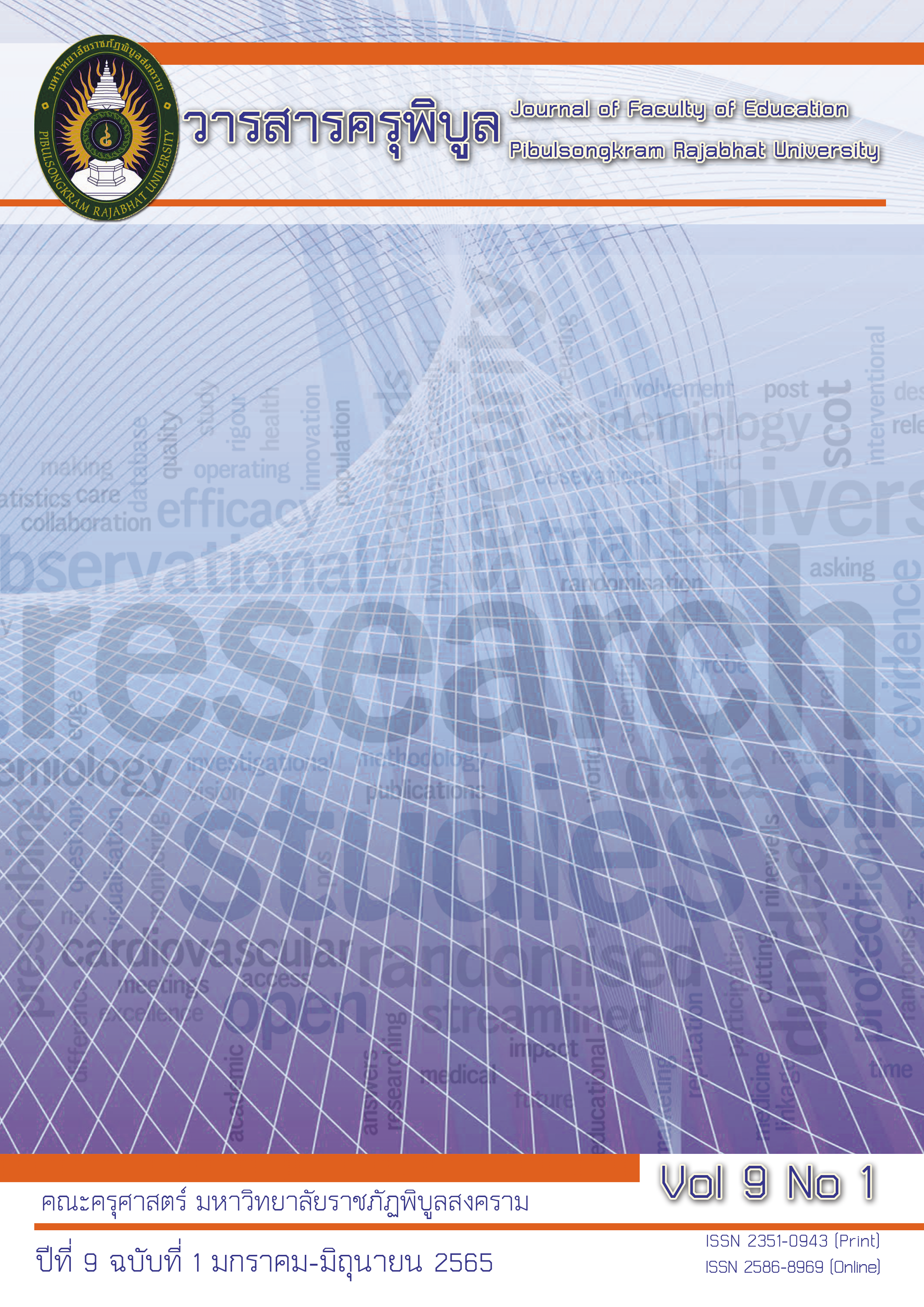Attention Deficit Hyperactivity Disorder: Guidelines for helping in schools
Keywords:
Attention-deficit Hyperactivity Disorder (ADHD) Helping, Develop Skills.Abstract
ADHD is a symptom that has been demonstrated since childhood. Caused by abnormalities in the work of the brain this affects behavior, mood, socializing and learning of children. It consists of 3 main symptoms: inattention, hyperactivity and impulsiveness, by starting to show symptoms since childhood and most often it continues to reach adolescents or adulthood, without good intervention, the symptoms of this disorder can have a negative impact in education, occupation, family and society. help in many ways, including giving advice to parents. Psychological assistance help in learning and drug use from doctors The role of teacher in helping solving problems in learning; If the cause can be identified and corrected in the right way, it will enable the child to learn to their full potential and suitable for ADHD. schools should foster a good relationship between teachers and children. Creating a friendly learning environment being a role model in respect for humanity. Appreciation in the effort to change knowing how to appreciate the good rather than the teacher's watchdog. But if you leave it alone, it can have a huge impact as well, as concentration is an important factor in your learning and daily life.
References
ทวีศิลป์ วิษณุโยธินและคณะ. (2557). ความชุกโรคสมาธิสั้นในประเทศไทย. วารสารสมาคมจิตแพทย์แห่งประเทศไทย. 21(2), 66 – 75.
ทวีศักดิ์ สิริรัตน์เรขา. (2560). สมาธิสั้น. [Online]. Available URL: http://www.happyhomeclinic.com/sp03-adhd.htm [2017 june 5].
ณัทธร พิทยรัตน์เสถียร และคณะ. (2559). คุณสมบัติของแบบคัดกรองโรคสมาธิสั้นชื่อ SNAP-IV และ SDQ ส่วนที่เกี่ยวข้องกับพฤติกรรมอยู่ไม่นิ่ง-สมาธิสั้น (SDQ-ADHD) ฉบับภาษาไทย. วารสารสมาคมจิตแพทย์แห่งประเทศไทย. 59(2), 97-110.
เบญจรัตน์ นุชนาฏ์. (2561). พัฒนาการของเด็กวัยเรียน 6 – 12 ปี. [ออนไลน์]. Available from: https://www.gotoknow.org/posts/305008. [2020 june 5].
สถาบันพัฒนาการเด็กราชนครินทร์. (2560). คู่มือความรู้ความเข้าใจเกี่ยวกับโรคสมาธิสั้น และบทบาทของครูในการดูแลเด็กที่มีอาการสมาธิสั้น. กรุงเทพฯ : บริษัทสยามพิมพ์นานา จำกัด.
สถาบันวิจัยประชากรและสังคม มหาวิทยาลัยมหิดล. (2560). ประชากรของประเทศไทย พ.ศ.2561. [ออนไลน์] Available from: http://www.ipsr.mahidol.ac.th/ipsrbeta/th/gazette.aspx. [4 เมษายน 2563].
ADHD Institute. (2018). Burden of ADHD 2018. [online]. Available from: http://adhd-institute.com/burden-of-adhd/impact-of-adhd/social-impact/. [2020 june 5].
Harpin VA. (2005). The effect of ADHD on the life of an individual, their family, and community from preschool to adult life. Archives of Disease in Childhood. 90, i2-i7.
Puthisri, S. & Yingsaree, S. (2003). The prevalence of psychiatric disorders. Journal of the Psychiatric Association of Thailand. 49, 213-22.
Piyasil, V., & Katumarn P. (2007). Textbook of child and adolescent psychiatry 2nded. Bangkok: Tana Press.
Polanczyk, G., de Lima, MS., Horta, BL., Biederman, J. & Rohde, LA. (2007). The worldwide prevalence of ADHD : a systematic review and metaregression analysis. The American Journal of Psychiatry. 164(6), 942-948.
Downloads
Published
Issue
Section
License
Copyright (c) 2022 คณะครุศาสตร์ มหาวิทยาลัยราชภัฏพิบูลสงคราม

This work is licensed under a Creative Commons Attribution-NonCommercial-NoDerivatives 4.0 International License.
ลิขสิทธิ์เป็นของคณะครุศาสตร์ มหาวิทยาลัยราชภัฏพิบูลสงคราม


